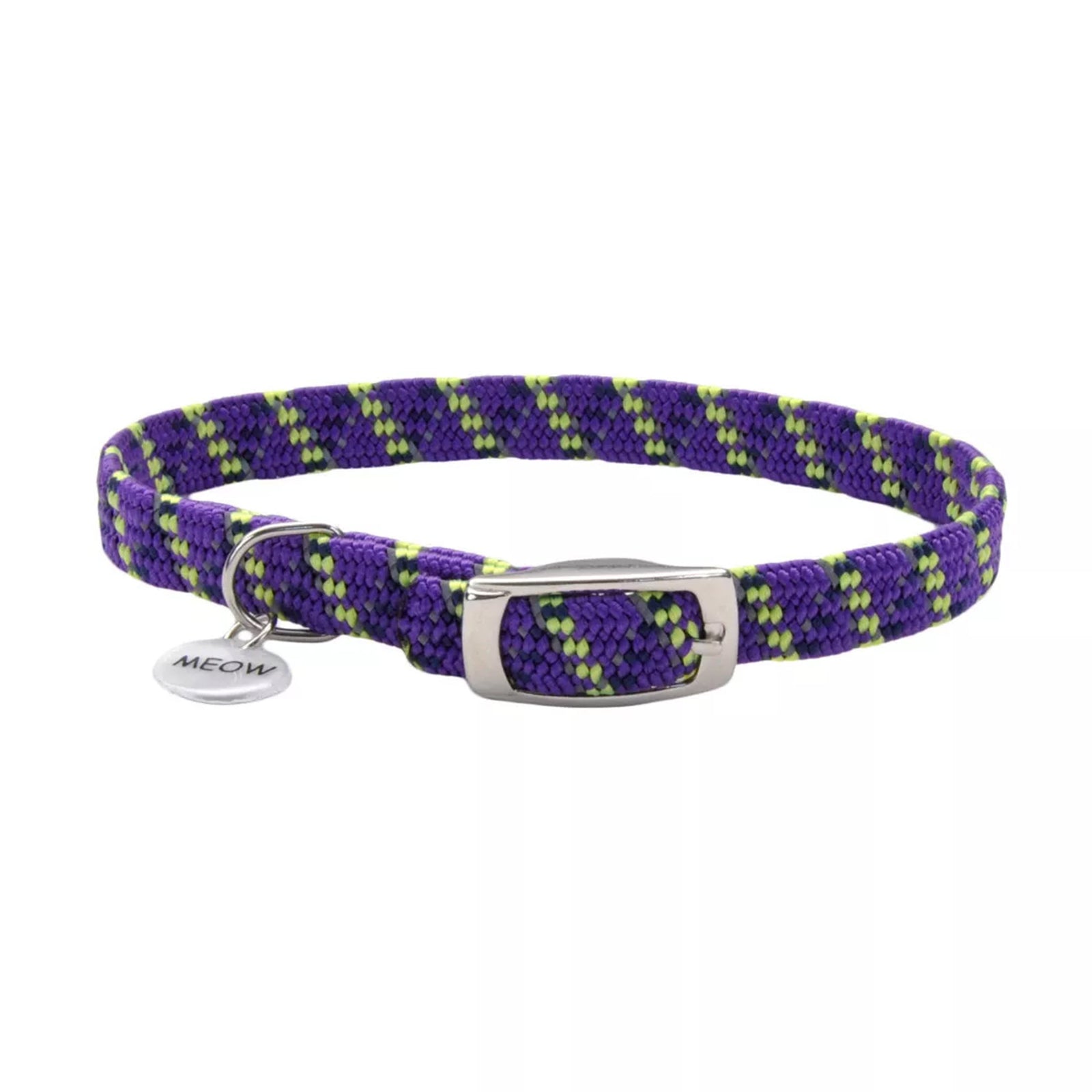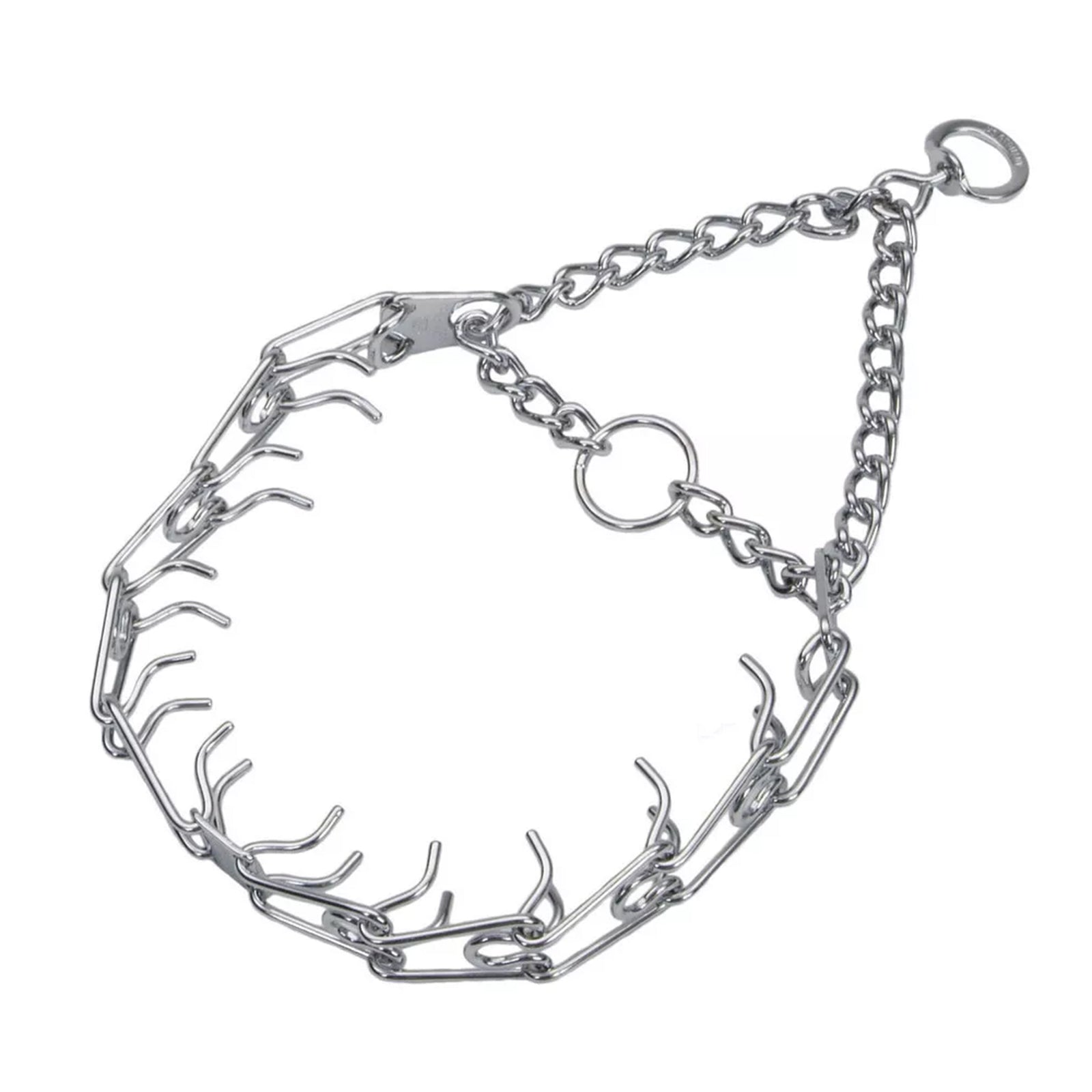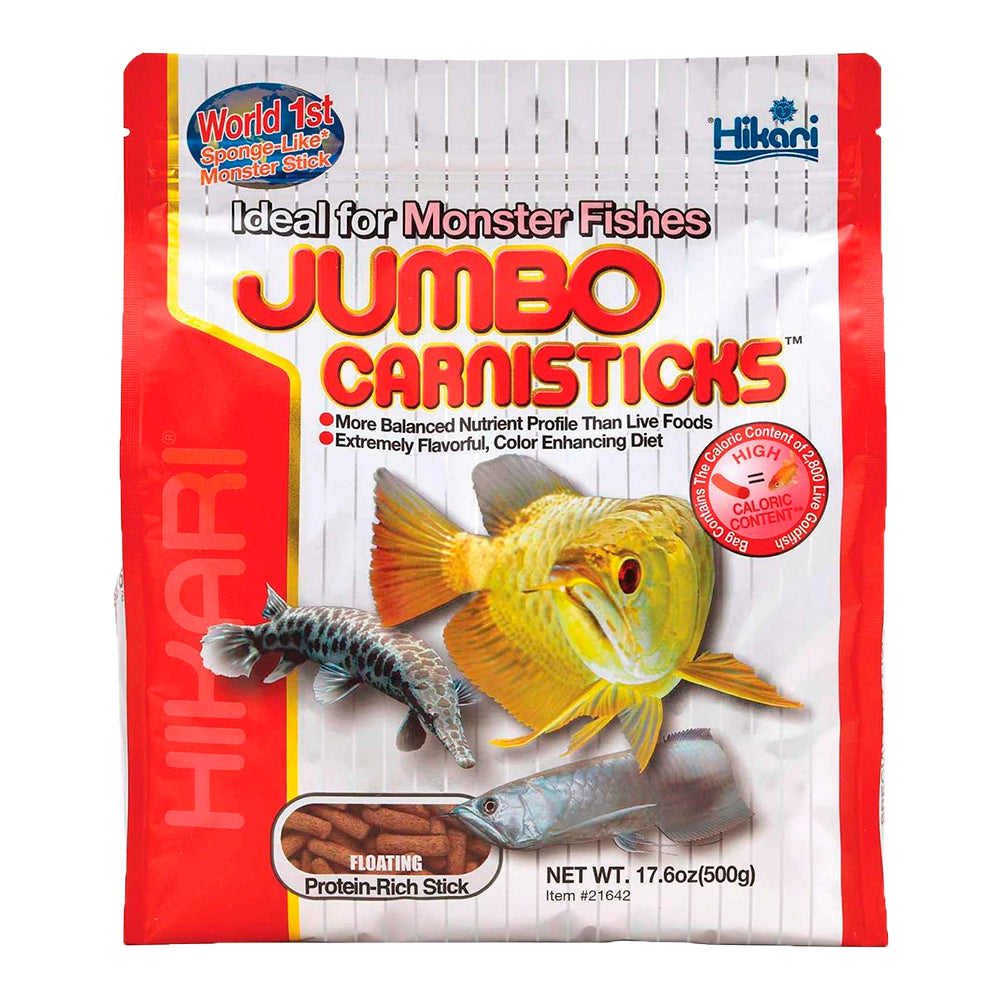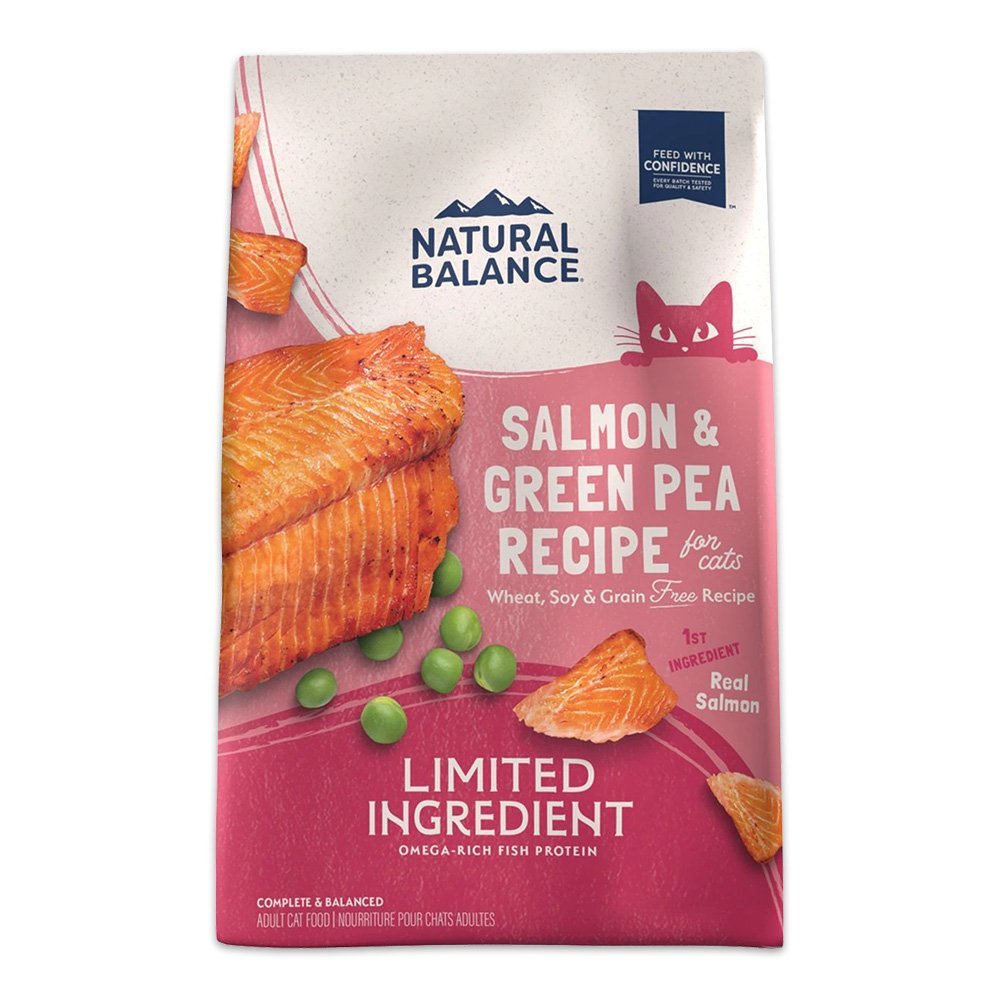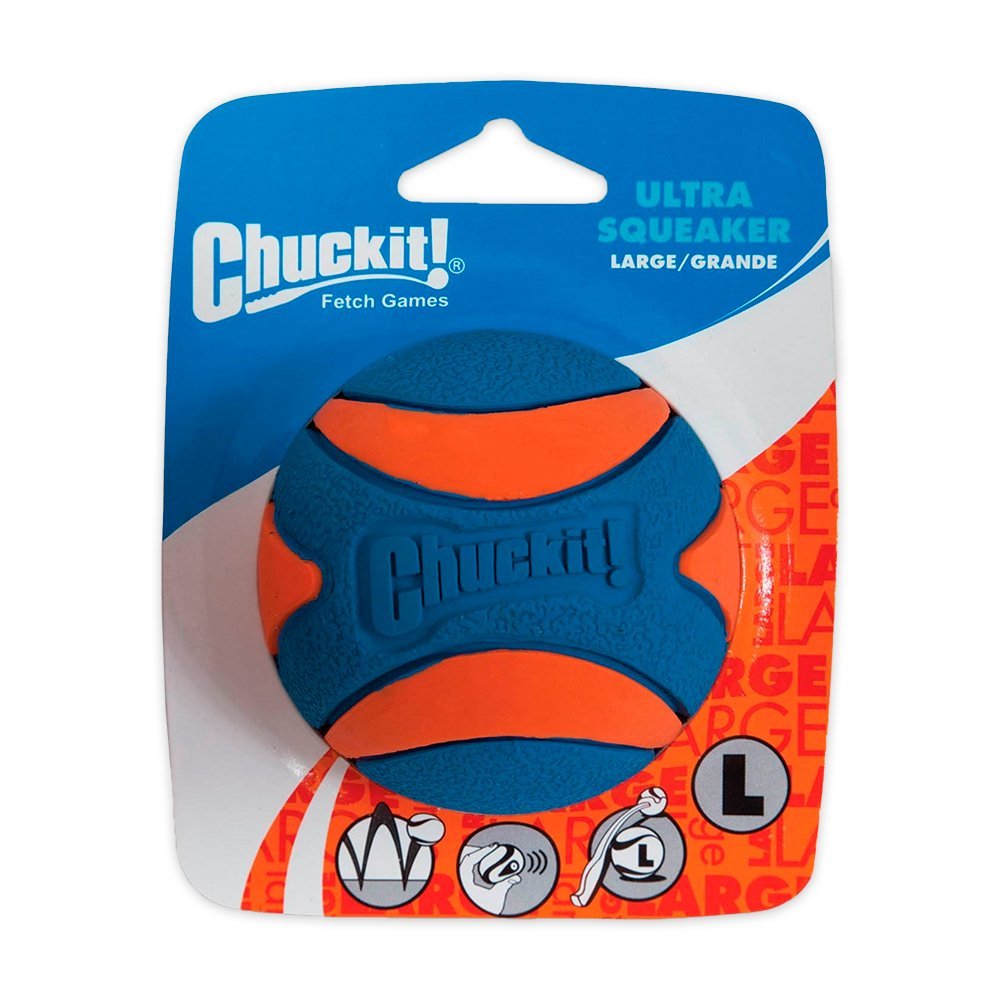The idea that feeding birds during the summer are a myth is one of the most pervasive in the birdwatching community. With the abundance of the best bird food supplies during the warmer months, some birders believe that by continuing to offer seeds and other foods, the wild bird food may become complacent and cease looking for natural food sources. In actuality, having feeders open throughout the summer won't make your backyard birds dependent. In actuality, research has shown that feeders only provide 25% of a bird's daily nutrients. This percentage might potentially be lower for some bird species.
Given the abundance of birds eye frozen food free-range bird food, many individuals choose to take their feeders down for the year to save a little time and money. But for the Kaytee wild bird food, there are many benefits for those who remember the birds this time of year and keep their feeders stocked.
Put Out Feeders for Birds
Summertime is a busy time for adult birds as they raise their young, and feeders give these busy parents a convenient food source. Many adults introduce their young to feeders after the young leave the nest. Woodpeckers bring their young and teach them how to eat peanuts or suet cakes. Juvenile orioles learn to cling to the side of a feeder as they hone their foraging abilities. Even if there were no other benefits, feeding bird food pellets all summer long would be worthwhile just to observe the young. You'll never get tired of watching young birds figure out how to traverse their brand-new environment.
Read More: How To Take Care Of Birds: A Comprehensive Vade Mecum
Serve Fresh Fruit
Orioles are a favorite summer flier because they infuse any garden with a burst of color. The brilliant orange birds' natural food sources are nectar and insects. Offering them real fruit is the finest and safest approach to draw them in. Impale an orange on a branch after slicing it in half. To keep birds at your feeder longer, try offering grapes in bunches; they will pick at the fruit rather than take it away. Moreover, robins, catbirds, and mockingbirds are drawn to fresh fruit. Provide as many bird water feeders as possible for birds.
Give a Shady Overtime period
Shade is crucial for birds, just as it would be for you to find some shade to escape the sweltering summer sun. One approach to give your backyard birds a nice, shady retreat is to add tiers of landscaping with native broad-leaved plants. Further protection is provided by the vegetation that grows around tree trunks or along the sides of a building in your backyard, such as a shed. Natural plants, trees, and vines provide backyard birds with food and shelter in addition to shade. These are the ideal locations for avian heat protection. They provide a dual purpose by shielding animals from predators.
Let Nature Rule
It's usual to observe homeowners mowing and trimming their lawns in the majority of suburban neighborhoods. Some people view a meticulously groomed yard as the benchmark. Consider allowing nature to run its course in at least a portion of your yard throughout the summer. Let the grass and plants spread out naturally. Refrain from cutting the shrubs back. Let the local flora grow unchecked. This type of modest, wild area will provide the birds in your backyard with food and refuge throughout the sweltering summer months. In turn, you will feel secure knowing that you are not upsetting bird nests. Also, uncut grass provides a haven for grassland birds that are nesting while their young are ready to fly.
Read more: How to Clean a Bird Cage: A Step-by-Step Guide for Bird Owners
Avoid using pesticides
This summer, you might want to forego using insecticides. However, even goods with a "safe" label can harm birds. Even at minute levels, neonicotinoids, a ubiquitous component of many horticultural products, have been linked to the demise of birds and bees. To determine which pesticides pose the least risk to your backyard birds, consult the Center for Food Safety's list of products if you must use them. Alternatively, you can create your mixture using natural ingredients or consult your neighborhood conservation center.
Read more: Different Bird Food Types: Which Is Best for Your Bird?
Conclusion
Every species wants to live in a place that provides them with food, shelter, water, protection from harmful sprays, and safety from mowers, right? They desire an ethical backyard. You may provide that haven of comfort and security for local wildlife by making small adjustments. Anywhere—in the city, the suburbs, or the countryside—you can do anything. Take our Humane Backyard oath after learning how.
Read more: How Long Can a Bird Go Without Food?





